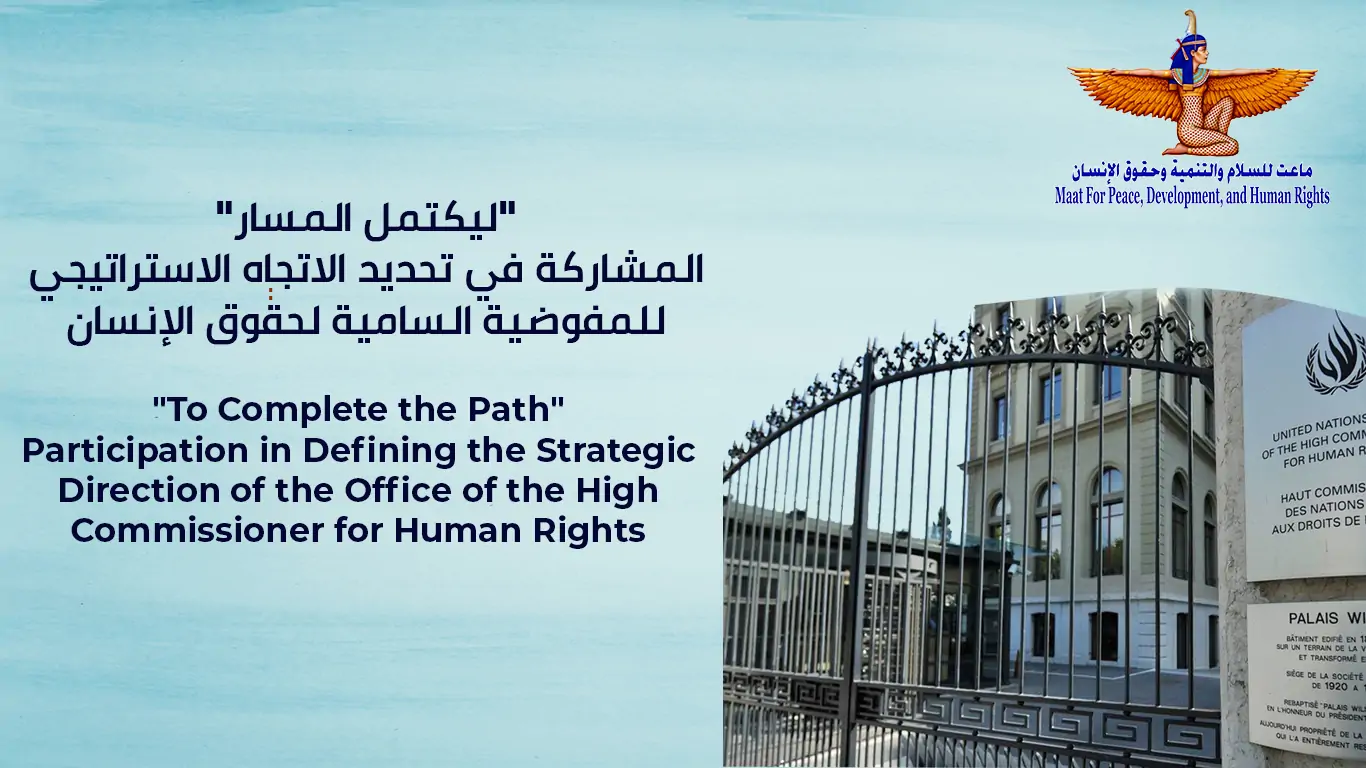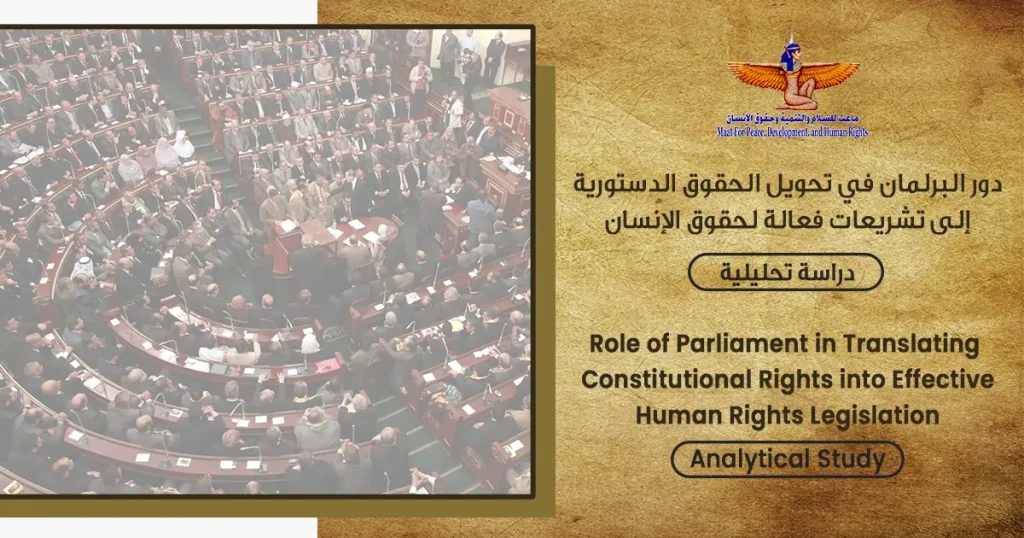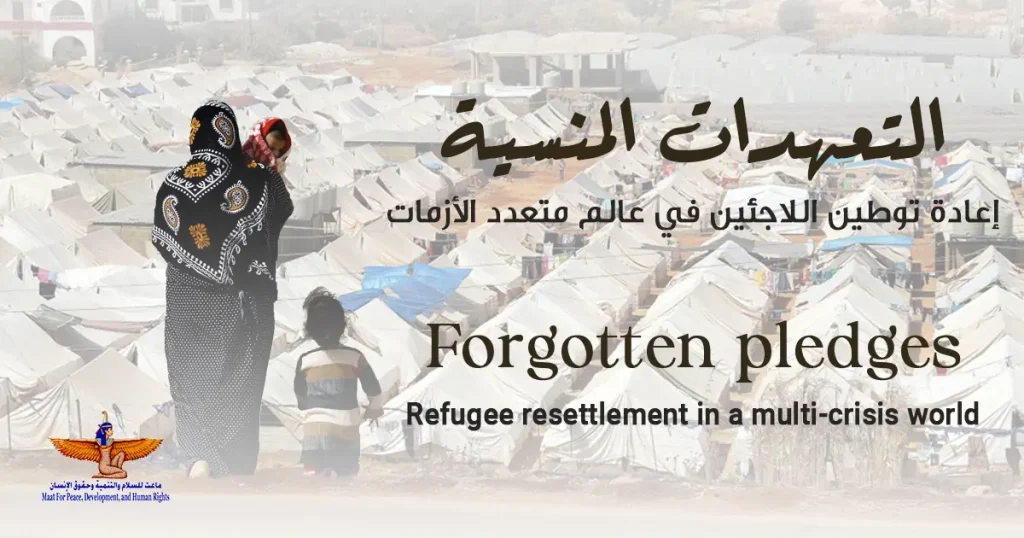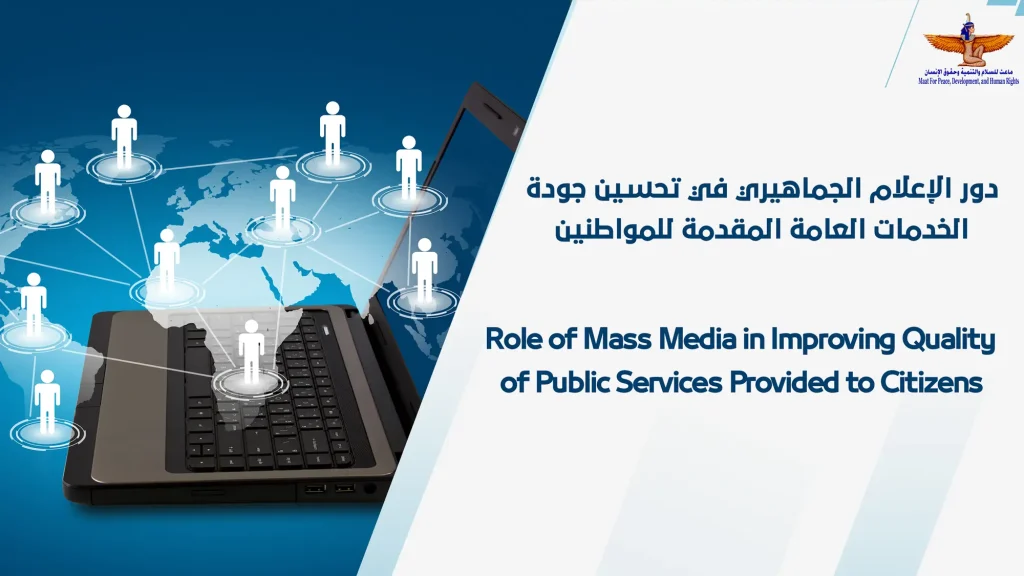Introduction:
The Office of the United Nations High Commissioner for Human Rights (hereinafter referred to as “OHCHR”) was established by Resolution 48/141 of the United Nations General Assembly, upon a recommendation from the World Conference on Human Rights in Vienna in 1993. Under this resolution, it was decided that the High Commissioner for Human Rights would be the principal human rights official of the United Nations. The United Nations High Commissioner for Human Rights is accountable to the Secretary-General. The High Commissioner is responsible for ensuring that all people worldwide enjoy civil, cultural, economic, political and social rights; carrying out the functions specifically assigned to him by the policy-making bodies in the United Nations system in the field of human rights, and advising these bodies on the policies of the United Nations in the area of human rights promotion and protection.The Office of the United Nations High Commissioner for Human Rights (hereinafter referred to as “OHCHR”) was established by Resolution 48/141 of the United Nations General Assembly, upon a recommendation from the World Conference on Human Rights in Vienna in 1993. Under this resolution, it was decided that the High Commissioner for Human Rights would be the principal human rights official of the United Nations. The United Nations High Commissioner for Human Rights is accountable to the Secretary-General. The High Commissioner is responsible for ensuring that all people worldwide enjoy civil, cultural, economic, political and social rights; carrying out the functions specifically assigned to him by the policy-making bodies in the United Nations system in the field of human rights, and advising these bodies on the policies of the United Nations in the area of human rights promotion and protection.
In preparation for the celebration of the 75th anniversary of the Universal Declaration of Human Rights, which is being led by the Office of the High Commissioner for Human Rights, the Office of the High Commissioner for Human Rights launched a participatory process to define the strategic direction of the Office for the period from 2024 to 2027. In this context, the Office welcomed the dialogue with key stakeholders to strengthen the work Collectively in order to increase impact on the implementation of human rights and the achievement of sustainable development goals.
In light of the preparations for the celebration of the 75th anniversary of the Universal Declaration of Human Rights, which are being led by the Office of the High Commissioner for Human Rights, the OHCHR – also known as the Office for Human Rights - launched a participatory process to define the strategic direction of the Office for the period 2024 to 2027. In this context, the Office welcomed the dialogue with key stakeholders to strengthen the work collectively, in order to increase the impact on the realization of human rights and promote the achievement of the goals of sustainable development.
Upon this approach, the OHCHR’s contribution to supporting Member States' implementation of the 2030 Agenda for Sustainable Development and fulfilling the promise of "leaving no one behind" is determined. The strategic planning process will take place throughout 2023 and will conclude with the launch of the OHCHR's Management Plan 2024-2027 in early 2024. Bearing in mind that 2023 is the year of the celebration of the 75th anniversary of the Universal Declaration of Human Rights, an important opportunity to assess progress in the work of the OHCHR and the challenges that prevent the promotion and protection of human rights, including the principles contained in the Universal Declaration of Human Rights, and giving greater importance to emerging challenges to human rights and issues in which the Commission is supposed to play a greater role during the coming period. Based on the foregoing, Maat for Peace, Development and Human Rights prepared this study entitled "To Complete the Path... Participation in Defining the Strategic Direction of the Office of the High Commissioner for Human Rights.” This study focuses on the obstacles facing the work of the OHCHR and impedes the implementation of the Universal Declaration of Human Rights in addition to assessing the progress made in the six thematic pillars that make up the OHCHR action plan. Maat also suggests some other pillars in response to the OHCHR’s call for contribution in the online questionnaire, and finally, identifies emerging human rights trends.

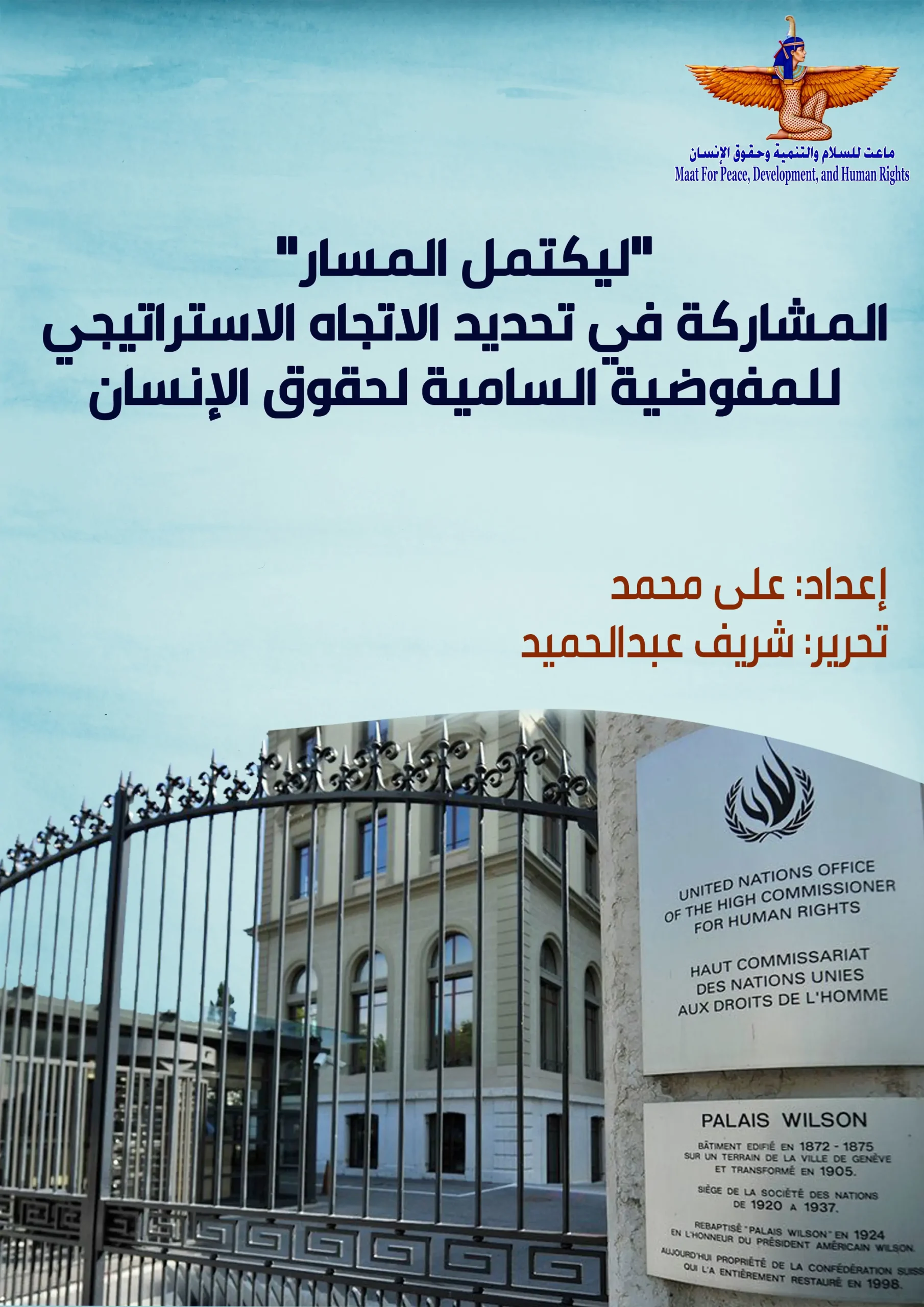 |
 |


